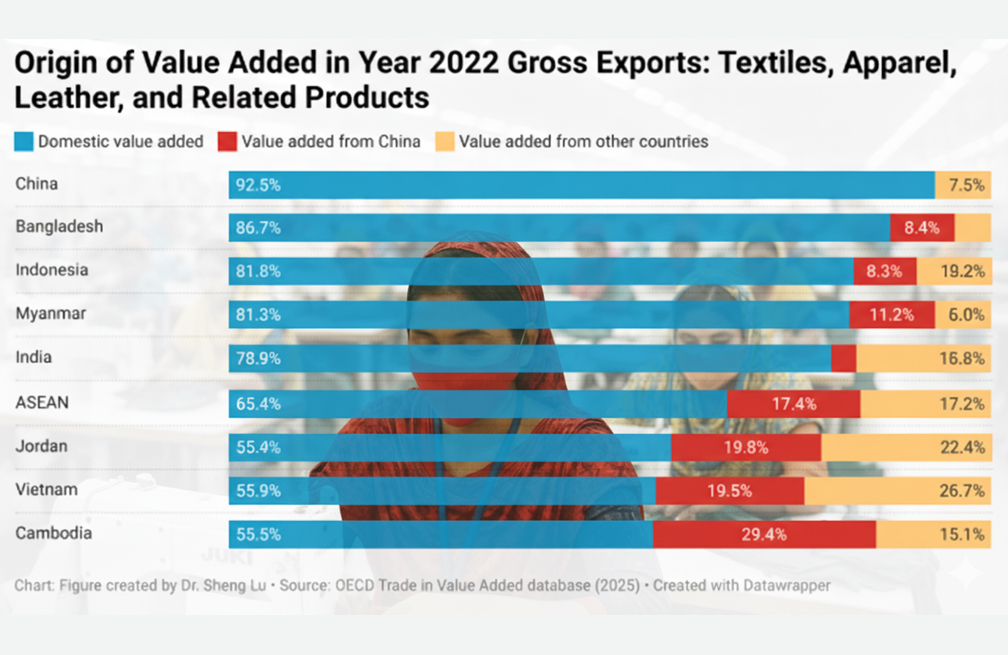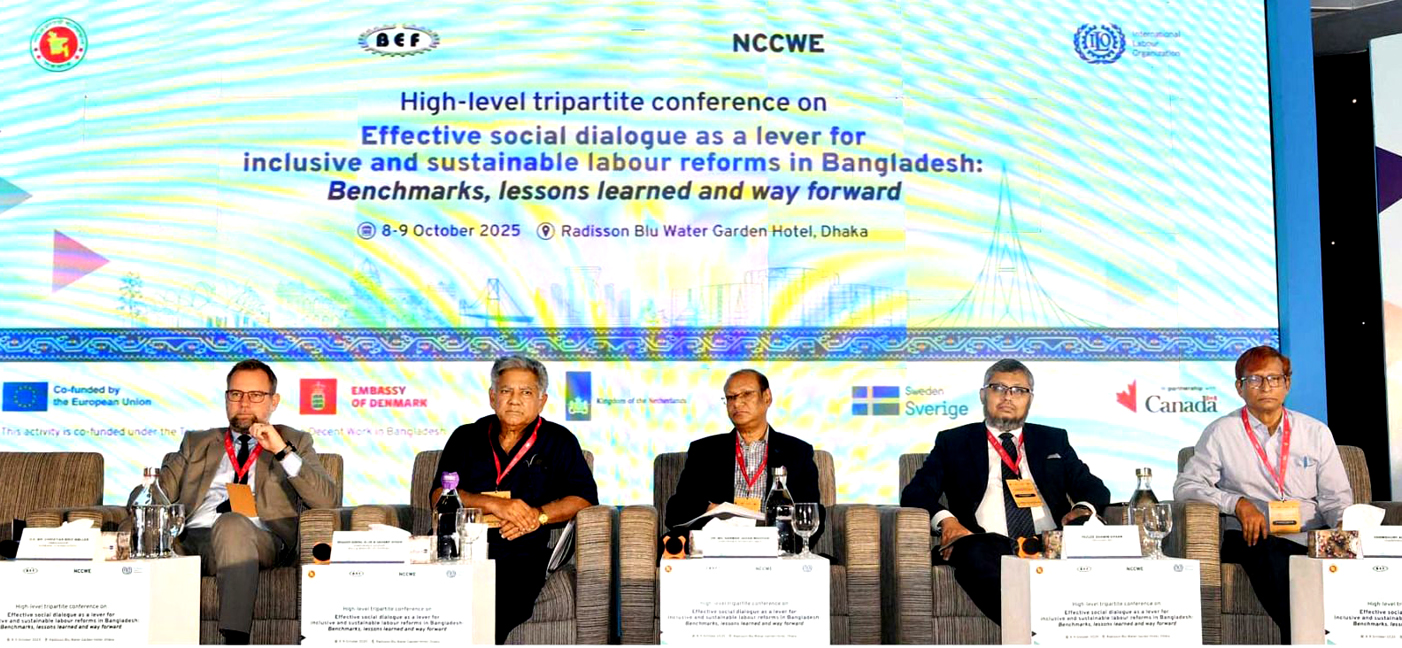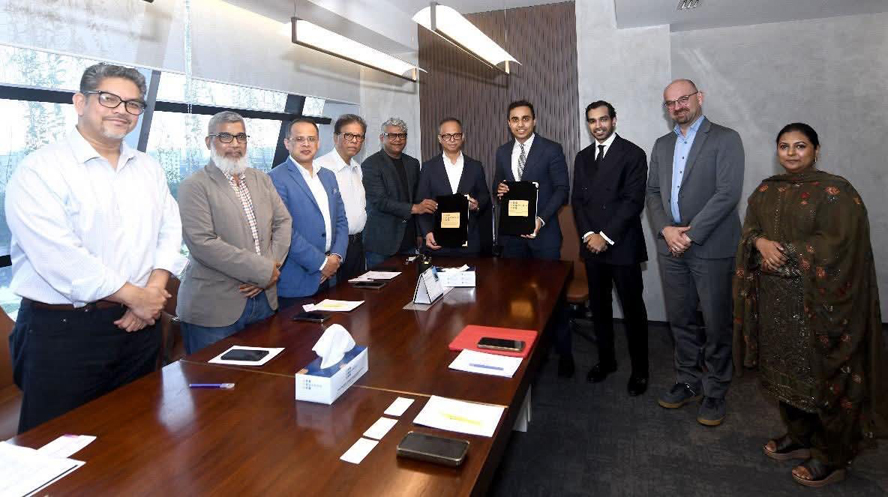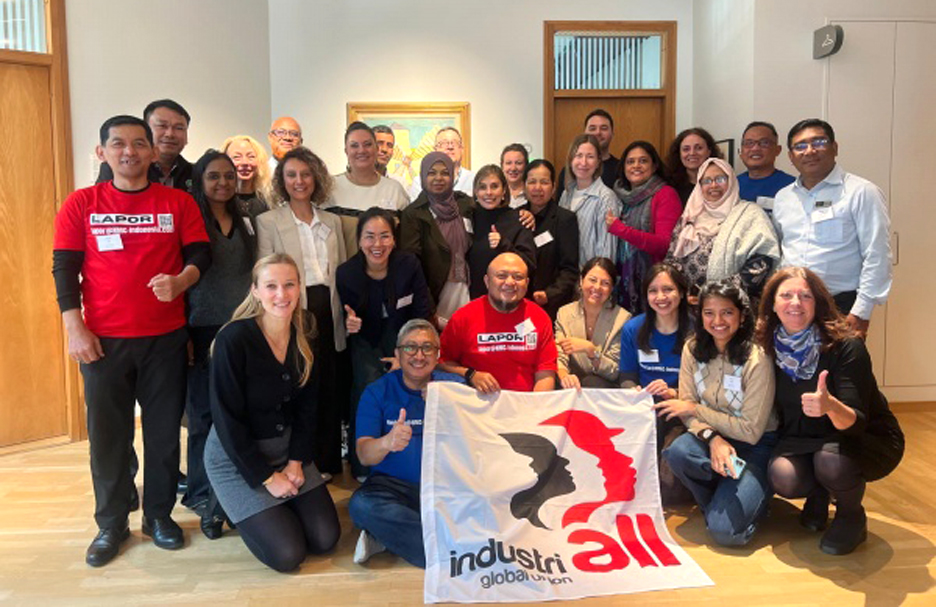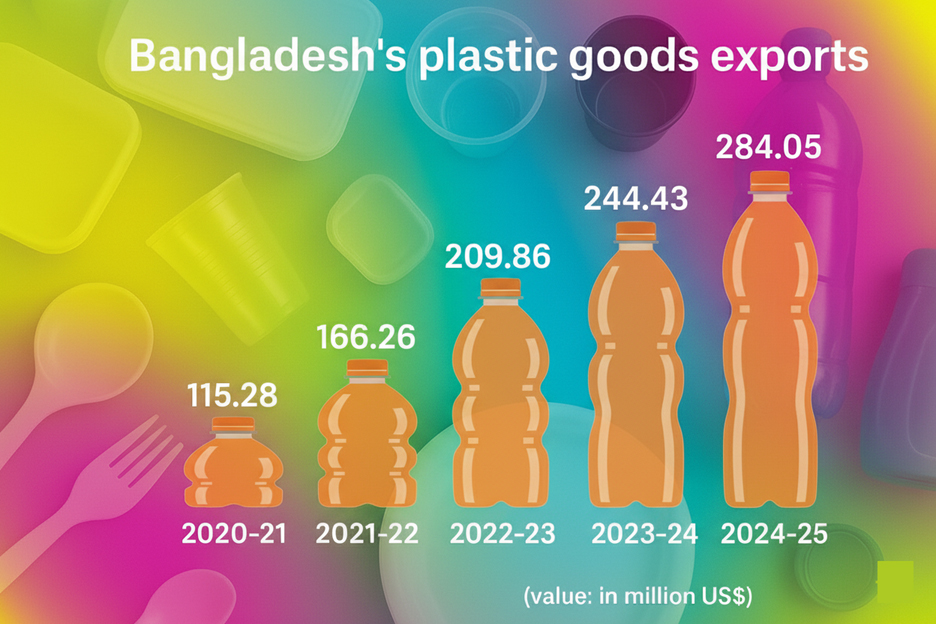Bangladesh’s economy continued to expand in September, with the Purchasing Managers’ Index (PMI) rising 0.8 points from August to 59.1, driven by strong performance in manufacturing and a rebound in agriculture and construction.
While the services sector continued to grow, its expansion slowed amid persistent inflation.
The Metropolitan Chamber of Commerce and Industry (MCCI), Dhaka, and Policy Exchange Bangladesh (PEB) released the PMI report on October 7.
Developed with support from the UK Government and technical assistance from the Singapore Institute of Purchasing & Materials Management (SIPMM), the PMI provides timely insights into the country’s economic health, helping businesses, investors, and policymakers make informed decisions.
The agriculture sector reverted to an expansionary trend, supported by increased new business, business activity, and input costs, alongside slower contractions in employment and order backlogs.
The manufacturing sector recorded its 13th consecutive month of expansion, posting growth in new orders, factory output, exports, imports, and supplier deliveries. Employment in the sector also returned to positive territory after previous declines.
The construction sector similarly returned to expansion after four months of contraction, buoyed by stronger new business, construction activity, and employment, along with slower declines in order backlogs.
Meanwhile, the services sector expanded for the 12th straight month, though at a slower rate.
The report attributed this moderation to persistent inflationary pressures, which continue to affect demand and operating costs.
Looking ahead, the Future Business Index showed optimism across all sectors, with faster expansion expected in manufacturing, construction, and services, while agriculture is anticipated
Commenting on the findings, Policy Exchange Bangladesh chairman M Masrur Reaz said that the latest PMI readings indicated the overall Bangladesh economy had continued to expand at a slightly faster rate in September.
He said that the agriculture and construction sectors had reverted to expansion following improvements in weather conditions and the gradual rollout of the new fiscal year’s budget, while the services sector had posted a slower expansion, possibly due to persistent inflation, which remained the highest in South Asia.to grow at a slower pace.




